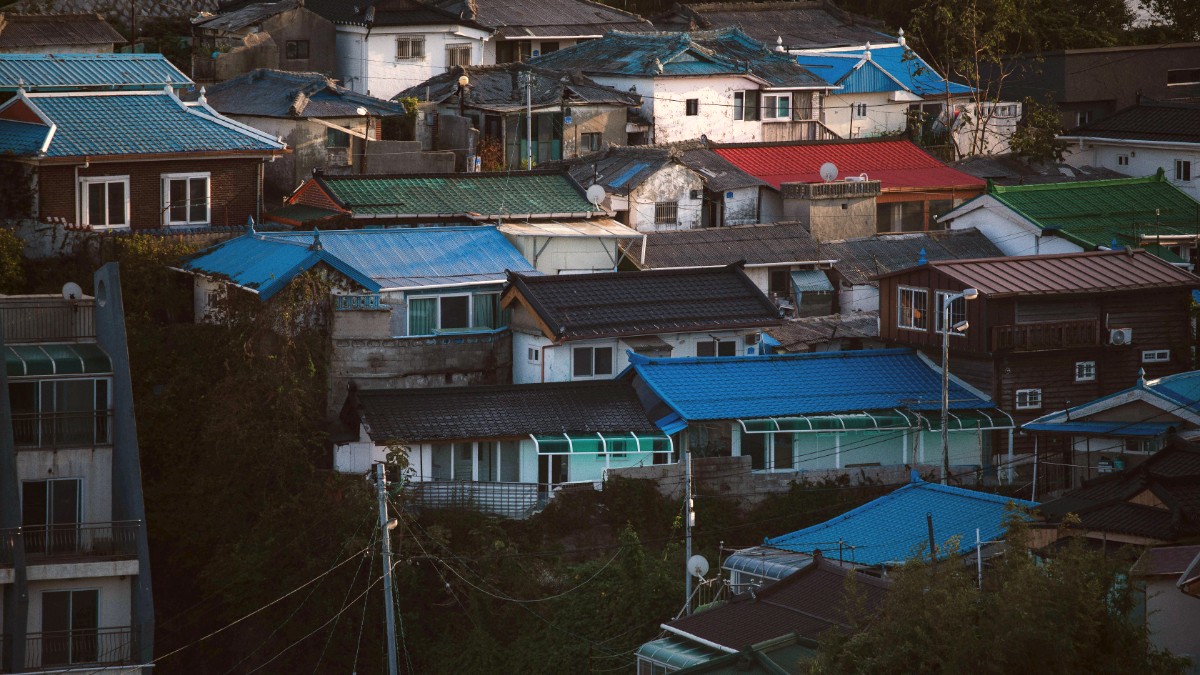
Gang Won Do, South Korea
National parks like Odaesan and Seoraksan have strict conservation rules. Stay on marked trails, avoid littering, and do not collect natural items.
South Korea maintains an advanced waste separation and recycling system. Use clearly marked public bins. Consider a reusable water bottle and shopping bag.
General awareness of water usage is always a good practice. Take shorter showers and turn off faucets when not in use.
Safeguarding Gangneung's natural beauty is a shared responsibility.
Consider purchasing carbon offsets for your international and domestic flights. Many airlines present this option during booking.
When booking accommodation, look for hotels or pensions highlighting their eco-friendly practices. These might include energy efficiency or waste reduction programs.
It ensures they receive a fair price for their work.
If using tour operators, inquire about their commitment to sustainable tourism practices. Some companies present eco-conscious tours that focus on minimal environmental impact and community benefit.
Visiting historical sites like Ojukheon House supports their maintenance and preservation.
Avoid excessive haggling, as it is not a common practice. Pay the stated price.
Choose public transport when possible. Support local businesses to circulate funds within the community.
Responsible travel presents respect and appreciation for local culture.
Be aware of personal space norms, which may differ. Follow local customs.
It is fine to take photos of public places, landscapes, and attractions. Be mindful of privacy. Avoid photographing individuals without their permission.
When visiting temples or shrines, dress modestly. Shoulders and knees should be covered. Remove your shoes before entering temple halls or other sacred spaces.
Choosing locally owned guesthouses, independent restaurants, and shopping at traditional markets directly benefits the local economy and residents.
Prioritize local cafes on Anmok Coffee Street over international coffee chains. Buy your snacks and drinks from local convenience stores or small neighborhood shops. Choose restaurants specializing in local dishes.
Opt for Chodang Dubu or Makguksu to support Gangneung's unique culinary heritage. Avoid excessive haggling, as it is not a common practice.
Avoid attractions or activities that involve the mistreatment of animals.
Do not engage in any illegal activities or behaviors that exploit local people.
Engage with locals respectfully. Support local businesses directly to help the community. Consider established charities for giving.
Responsible tourism ensures your visit brings positive economic benefits to the local community.
Choose locally owned guesthouses, independent restaurants, and shop at traditional markets like Gangneung Jungang Market. This directly benefits local residents.
While formal fair trade certifications are less common for local crafts, buying directly from artisans helps support them ethically.
Prioritize local cafes on Anmok Coffee Street over international chains. Buy snacks and drinks from local convenience stores or neighborhood shops.
Engage with locals respectfully. Avoid excessive haggling, as it is not a common practice. Do not engage in activities that exploit local people.
Responsible tourism extends to thoughtful choices for economic and social well-being.
Your spending at local businesses directly supports the community.
Respectful interactions contribute to positive experiences.
Prioritize local goods and services to sustain local livelihoods.
If you wish to contribute charitably, support established local organizations rather than giving directly on the street. Research reputable local NGOs for impactful giving.
Before discarding waste, separate it for recycling. Following the local system keeps the country clean. For airport lounges, consider Priority Pass. For flight compensation, explore Compensair.